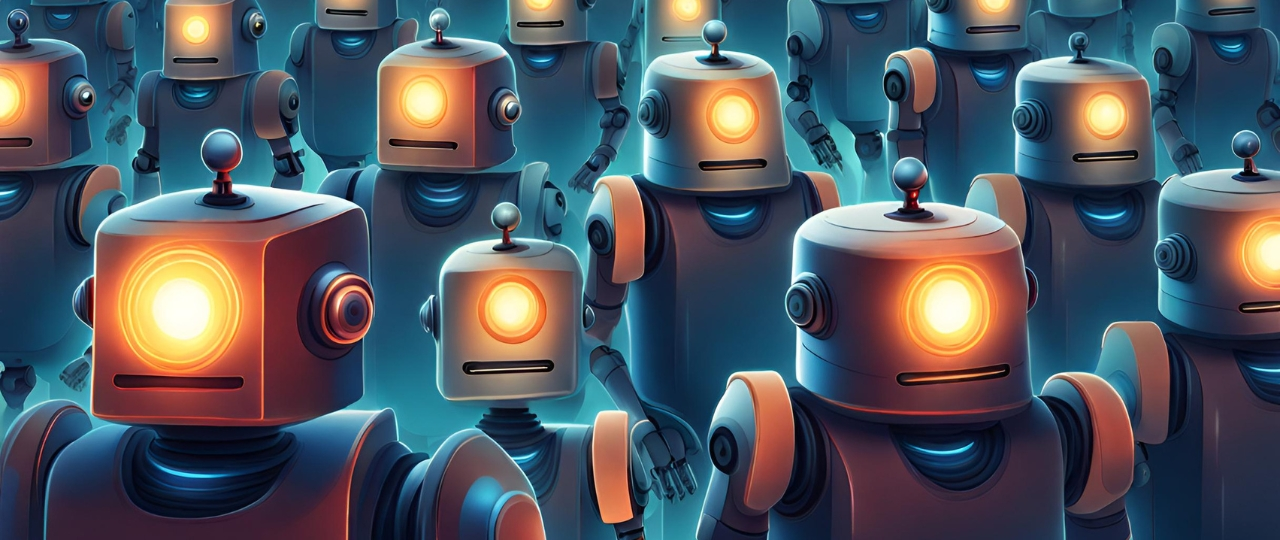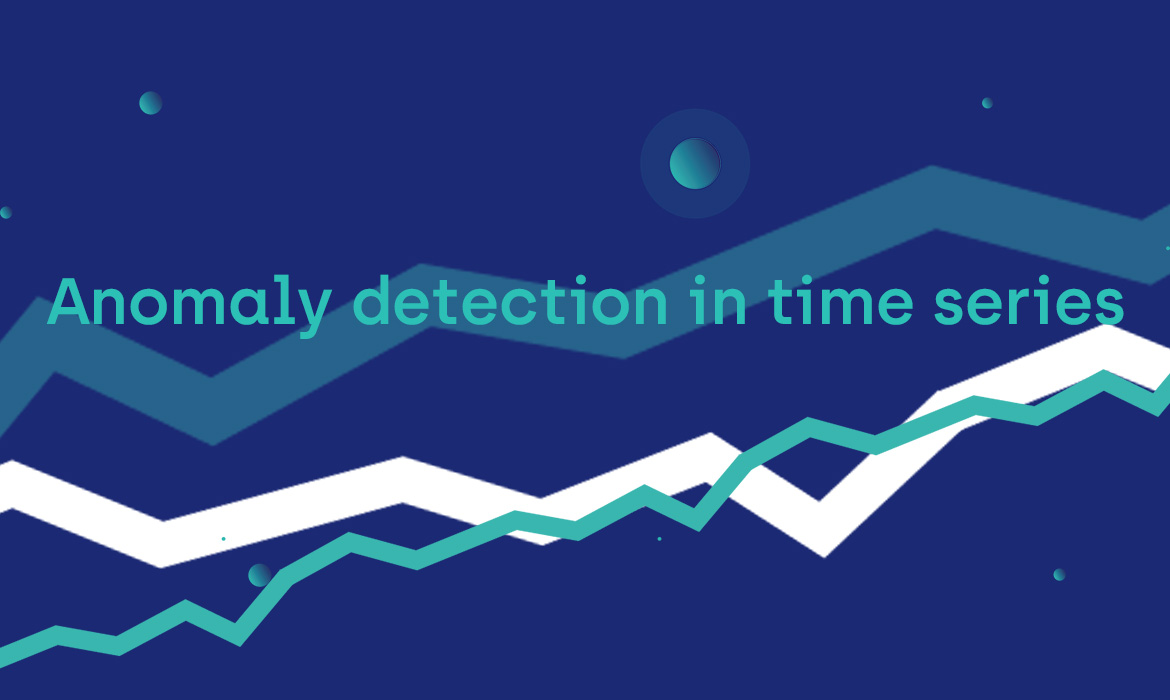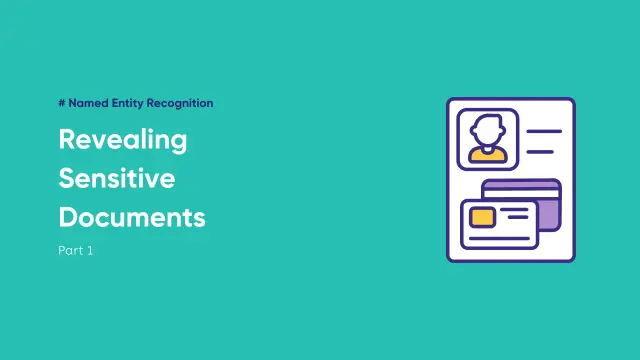I’ve been working in data analysis and machine learning for over 15 years now, with the last 5 of those years as CEO of a AI/ML development company, Gauss Algorithmic. Needless to say, it’s been very interesting watching AI going from a niche technical interest to a household topic of conversation.
2023 has been a breakthrough year for Generative AI, and I predict we will say the same about 2024, 2025 … and maybe every single year after that until our entire world becomes unrecognizable to the one we live in today (or until the world runs out of GPUs – whichever comes first).
In short, the AI Revolution is here. It will be fun. It will be messy. It will be disorienting. It will come quicker than you are expecting. And as hard as the EU tries, at this point there is very little anyone can do to slow this process down.
However, I truly believe that AI has the potential to make an incredibly positive impact on our world. I’m excited, and I think that you should be excited too.
So, I wanted to put some of my personal reflections on paper about how this technological revolution that we’re currently kicking off is different from the previous Smartphone Revolution, and to explore just one of the areas that AI will radically revolutionize for the better: healthcare.
The Smartphone Revolution
It’s important to realize that no one could have predicted the Smartphone Revolution, nor the Web 2.0 that it enabled. We didn’t have debates about whether it would be the right decision to build the world that we’re all living in today. We couldn’t have had those debates. We didn’t have the imagination to see what was coming next, and there was no previous technological advancement that happened as recently or as quickly for us to use as a frame of reference.
Probably the most unbelievable fact of our lifetimes is that the first iPhone only came out in 2007. The amount of societal change that happened in these last 16 years is almost impossible to conceptualize. And somehow … we just managed to adapt to all of those changes, year after year. It’s only now possible to appreciate the magnitude of these changes in hindsight.
The fact that we still call them “phones” at all means we haven’t fully come to grips with the magnitude of their evolution. What percentage of global usage involves making actual phone calls? 1%? … 0.1%? Whatever these devices are, they now have nothing in common at all with the landline telephones that once hung on our walls in the kitchen.
A collective point of reference
And it’s important to realize that this will be the point of reference that we all have when discussing the upcoming AI Revolution, whether we’re conscious of it or not. It’s impossible not to use the hindsight of the Smartphone Revolution as the mental framework we all use to imagine the future trajectory of AI.
We see how we’re all addicted to these devices, and we shutter at what kind of addiction is possible to generate through AI. We see the effect social media has on the way we communicate with each other as a society, and we are anxious about what GenAI might do to supercharge that. We see the power that Big Tech has over shaping our society and we can only imagine what that will look like after this more powerful wave of technological advance.
I get all that. And I’m not saying that I don’t sometimes fall victim to that way of thinking too.
But it's very important to internalize that we can’t let the growing pains of rapid and pervasive changes in technology make us forget about the incredible positives that these technological advancements unlock.
Also, the AI Revolution is not the same as the Smartphone Revolution and viewing the former through the lens of the last era of technology is severely missing the massive opportunity for good that AI will bring.
So we — even those of us like me who are incredibly optimistic about AI — need to be humble in our ability to predict what is going to happen next. There are many different futures that will be possible. Some good. Some bad. But it’s now more important than ever to try our best to imagine the good, because that will significantly increase the chances of building one of those good futures.
So let’s imagine together one of the areas that AI will radically transform for the better: widespread, high quality health care that is available to almost everyone. Just as the Smartphone Revolution put a phone in everyone’s pocket, the AI Revolution is going to put a highly qualified doctor on everyone’s computer and phone.
Healthcare
I’m incredibly optimistic about what AI will do to revolutionize and democratize healthcare. Out of all the applications of the smart chatbot platforms that are being developed, I think at-home medical screening has the most potential for making an incredibly positive impact on the quality of everyone’s life.
We saw a primitive iteration of this through WebMD and other online health information portals. Honestly, at the previous levels of sophistication, it may have done more harm than good. The popular meme was that you might start with a runny nose and sore throat, but after 30 minutes of researching symptoms you would have been convinced that you had lupus, cancer, and a rare strain of bronchitis.
But something much more sophisticated and useful is possible with the powerful large language models that the new GenAI platforms are built on. Especially after the platform gets fine-tuned on detecting medical symptoms from self-reported health assessments.
At-home biometric hardware
It can even be taken a step further when combined with hardware for at-home biometric readings. AI models combined with even the current generation of hardware are able to quickly and reliably detect irregularities with your heart rate and other vital signs.
Would this be a substitute for a human medical professional? No. But it can give potential patients insights as to whether they need to see a doctor in the first place. And it can provide you with a printout with a helpful summary of information for your GP to use as a starting point for diagnoses.
This also highlights a core part of my philosophy about AI in general. AI is not meant to completely replace humans. I think the best use cases of AI are when it works together with humans: simplifying the tedious aspects of their work and expanding the scale at which they can operate.
Mental health care
It’s not hard to also imagine this being a huge benefit for mental health as well. Very few medical systems in the West can provide access to talk therapists to everyone who needs one. Especially to those who cannot afford to find a private doctor. I think it’s clear that society as a whole would be a lot healthier if mental health support was not locked behind such a substantial paywall.
I understand that some people may feel unsettled by the idea of something as sensitive as talk therapy being done by AI. But often the choice won’t be between a chatbot and a human… but between a chatbot or nothing at all. That seems to me like a pretty easy choice to make.
As I mentioned previously, rapid technological change can be disorienting, and can lead to new second-order effects that we need to learn how to navigate and mitigate. Widespread access to inexpensive, high-quality mental healthcare will significantly reduce the negative by-products of rapid technological and societal changes.
It will help us be better parents, better partners, and better business owners. Just these changes alone will make the AI Revolution a net positive, before we even consider the myriad other areas of our lives that it has the potential to radically improve.






.webp)

